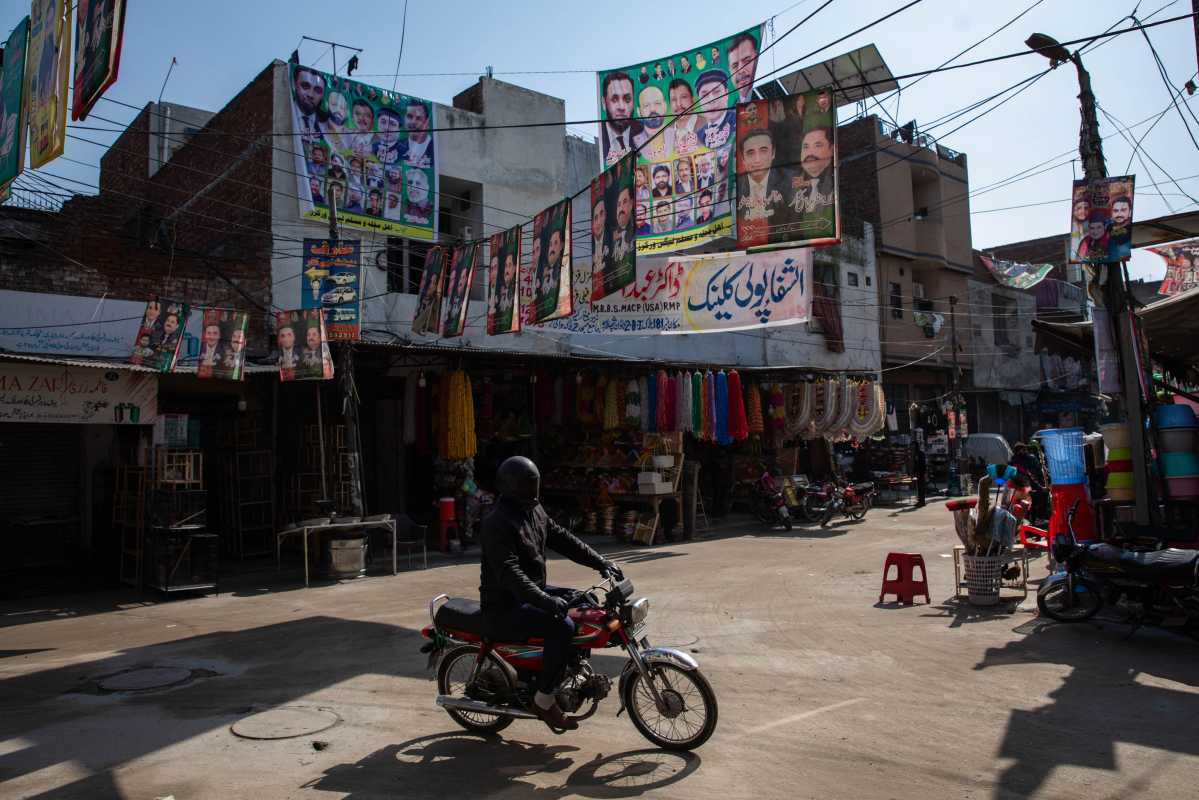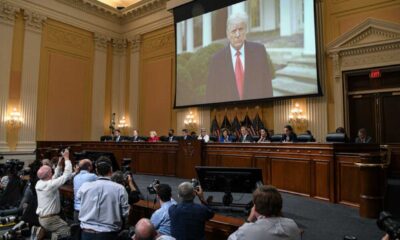Politics
Pakistan Suspends Mobile Services as Millions Head to the Polls

Millions of Pakistanis are heading to the polls today to vote in a new government, but the country has suspended mobile calls and data services as a precautionary measure due to recent incidents of terrorism. The move has drawn criticism from voters who argue that they should be facilitated instead of facing obstacles. The election is being described as Pakistan‘s least credible yet, with three-time Prime Minister Nawaz Sharif on the ballot. However, his rival Imran Khan, who was jailed on corruption charges last year, is barred from standing.
The suspension of mobile services means that voters are unable to book taxis or coordinate with family members to go and vote. This has raised concerns about the accessibility and fairness of the election process. The Interior Ministry justifies the decision by citing the need for security measures to maintain law and order and deal with potential threats following recent incidents of terrorism.
High security is in place at polling stations across the country, with armed guards and military officers present. Border crossings with Afghanistan and Iran have also been closed to ensure full security during polling. The shutdown of mobile services during an election is unprecedented in Pakistan and reflects the heightened tensions and concerns over potential violence.
Nawaz Sharif and his daughter Maryam cast their votes in Lahore amidst tight security. Sharif expressed confidence in the fairness of the election and highlighted the challenges faced by his family in their political journey. If his party wins, he promises that people’s lives will become easier and inflation will decrease. However, it remains to be seen whether any party can win a majority in parliament.
Female polling agents in Multan have reported that they were not allowed to enter polling booths and observe the polling process. This raises questions about transparency in the election. Over 128 million people are registered to vote, with almost half of them under the age of 35. There are more than 5,000 candidates, including 313 women, contesting for the directly-elected seats in the National Assembly.
Imran Khan‘s Pakistan Tehreek-e-Insaf (PTI) party has faced obstacles in campaigning and winning seats, including members being locked up and banned from holding rallies. Imran Khan is currently serving a prison sentence and has alleged interference by the military in the election process. Despite these challenges, he remains a prominent figure in Pakistani politics.












